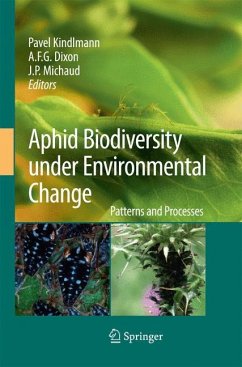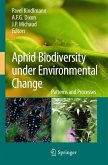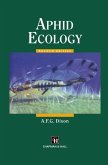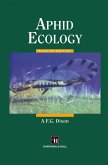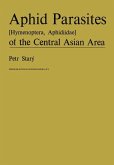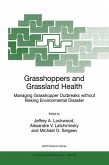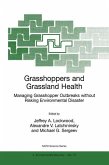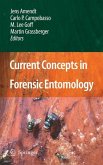This book presents the results of recent research on aphid population dynamics and ecology relevant to current environmental changes resulting from global wa- ing. It incorporates a selection of the contributions presented at the International Symposium on Aphids in Fremantle, Australia, in October 2005, plus some ad- tional invited chapters. The objective was to incorporate the major issues in the ?eld and simultaneously create a closely interrelated and integrated volume. The ?rst chapter sets the scene. Kindlmann and Dixon present a critical review of existing models of aphid population dynamics, examine the biological assumptions that are incorporated in the models and present one of the latest models of aphid metapopulation dynamics. They conclude that natural enemies are unlikely to affect aphid population dynamics late in a season, but in some years may have an effect very early in the season, when aphid colonies are still small and predators might be able to reduce the numbers of colonies. The question, whether aphids will move to different locations, adapt to the change in conditions in their current habitat or go extinct is discussed by Ameixa. She concludes that the distributions of aphids are most likely to change, with the distribution of each species moving globally as their preferred habitat moves in response to changes in the climate, which may be more dif?cult than in the past because of habitat fragmentation and habitat loss.

